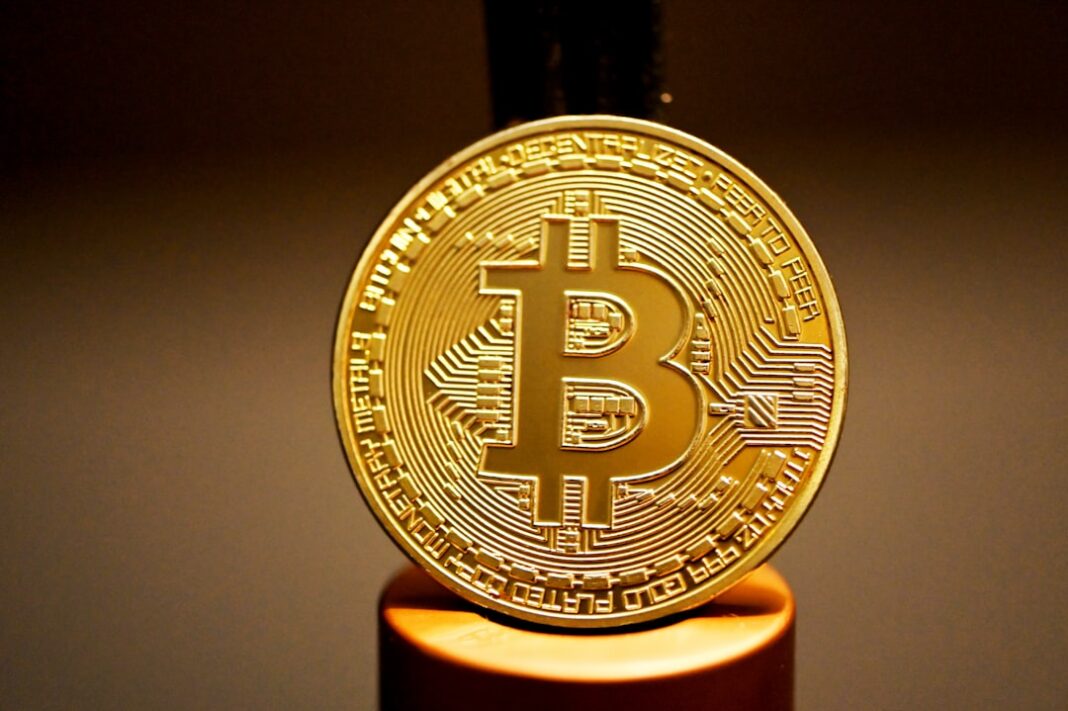Venezuela is experiencing a dramatic shift toward dollar-pegged digital currencies as the nation grapples with a staggering 229% inflation rate. The economic turmoil has driven widespread adoption of stablecoins, particularly USDT, as merchants increasingly anchor their pricing to dollar exchange rates available through peer-to-peer trading platforms. This transition represents a fundamental change in how Venezuelans conduct daily transactions, moving away from the rapidly depreciating bolivar toward more stable digital assets.
Local businesses across various sectors now routinely reference cryptocurrency exchange rates when setting prices for goods and services. This practice has emerged as a practical response to hyperinflation, providing both merchants and consumers with a reliable store of value and medium of exchange. The trend demonstrates how digital currencies are filling critical gaps in traditional financial systems during economic crises.
The move toward cryptocurrency-based pricing mechanisms reflects growing public confidence in blockchain technology as a hedge against currency instability. Market data indicates that peer-to-peer trading volumes have surged as Venezuelans seek alternatives to preserve purchasing power. This development underscores the evolving role of digital assets in economies facing extreme monetary challenges, offering insights into how cryptocurrencies can provide financial stability when traditional systems falter.


